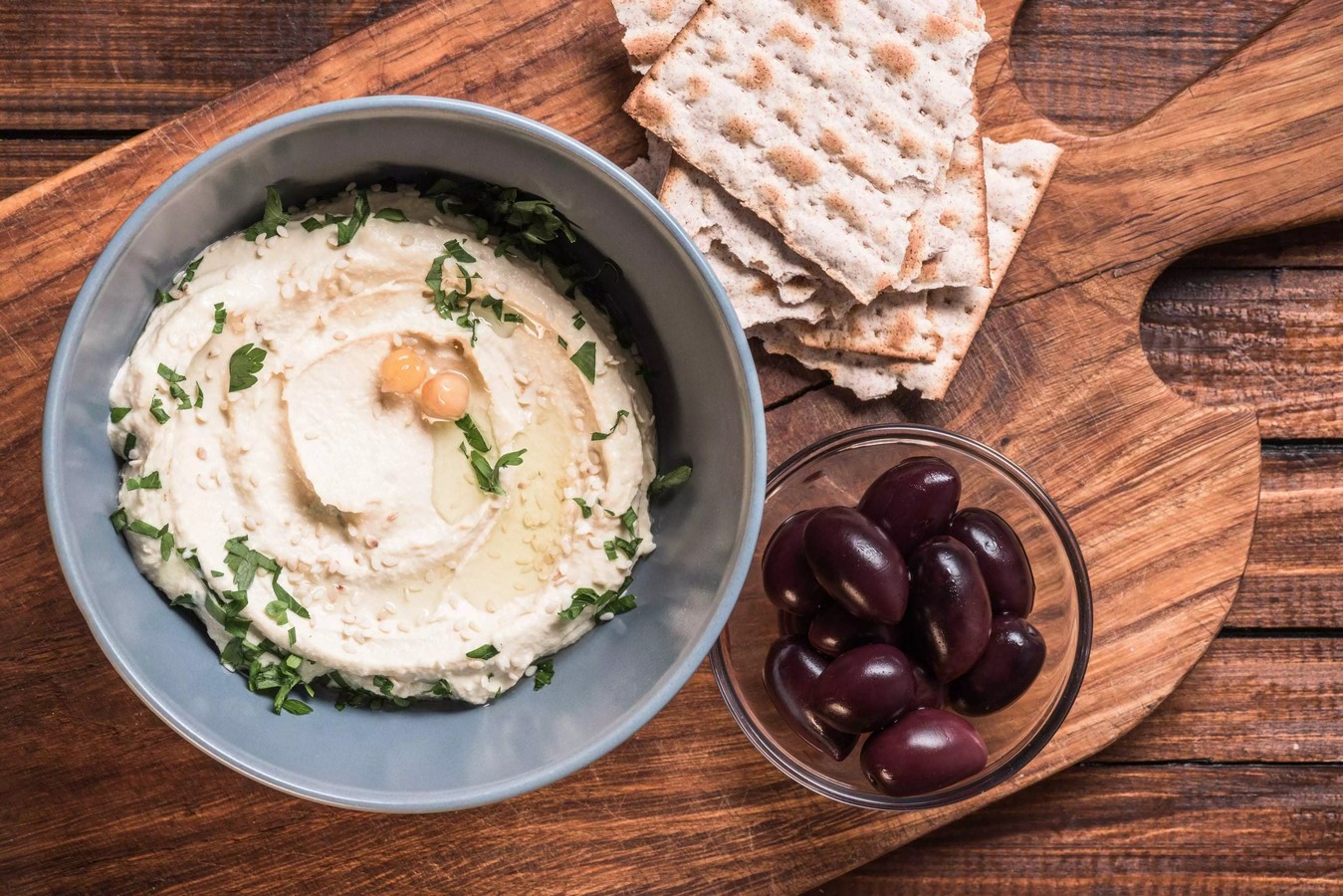Debunking Myths About the Mediterranean Diet

Over the years, I’ve encountered numerous misconceptions about the Mediterranean diet, despite its widespread acclaim and proven health benefits. As a longtime follower of this lifestyle, I’ve learned to distinguish fact from fiction. Here are eight common myths about the Mediterranean diet debunked:

- It’s Not Really a Diet
Contrary to popular belief, the Mediterranean diet isn’t a restrictive weight-loss regimen but rather a holistic lifestyle approach to eating. Emphasizing balanced meals composed of vegetables, legumes, whole grains, seafood, and poultry, it encourages enjoyment of food and mindful eating practices.
- Not All Mediterranean Countries Follow It
While the Mediterranean diet draws inspiration from countries like Greece, Spain, Morocco, and Southern Italy, dietary practices can vary within the region. Northern Italy, for example, differs in its culinary traditions, using more lard and butter compared to olive oil-rich Southern Italy.

- It’s Not Low-Fat, But That’s Not Necessarily Bad
Contrary to the misconception that the Mediterranean diet is low-fat, it actually incorporates healthy fats from sources like olive oil, nuts, and fatty fish. While saturated fats are consumed in moderation, the focus is on healthier monounsaturated and polyunsaturated fats, which contribute to heart health and overall well-being.
- Yes, It Relies Heavily on Olive Oil
Olive oil is a cornerstone of Mediterranean cuisine, valued for its flavor and nutritional benefits. While alternative oils can be substituted, extra-virgin olive oil remains a preferred choice for its traditional taste and less processed nature, despite its higher cost.
- Wine Is Encouraged, but Moderation Is Key
Although red wine is often associated with the Mediterranean diet for its potential cardiovascular benefits, excessive alcohol consumption is not promoted. While an occasional glass is acceptable, moderation is emphasized, with alternative sources of antioxidants also encouraged.

- It’s Not Just About Pasta and Pizza
While pasta and pizza may feature in some Mediterranean recipes, they are typically enjoyed in moderate portions and complemented by vegetables and lean proteins. The diet encompasses a diverse range of dishes, including salads, seafood, legumes, and whole grains, reflecting the region’s culinary richness.
- Nontraditional Ingredients and Substitutes Are Acceptable
Adapting the Mediterranean diet outside the region may require incorporating nontraditional ingredients and finding suitable substitutes. While avocado and certain seafood may not be native to the Mediterranean, their inclusion can enhance the diet’s nutritional diversity and appeal.
- It Can Be Cost-Effective with Smart Shopping
While the Mediterranean diet has the reputation of being expensive, savvy shopping and meal planning can help mitigate costs. Buying staples like whole grains and beans in bulk, incorporating affordable proteins like legumes, and using pricier ingredients sparingly can make the diet more budget-friendly.
In conclusion, understanding the realities of the Mediterranean diet dispels common misconceptions and highlights its adaptability, nutritional richness, and potential for long-term adherence.



















